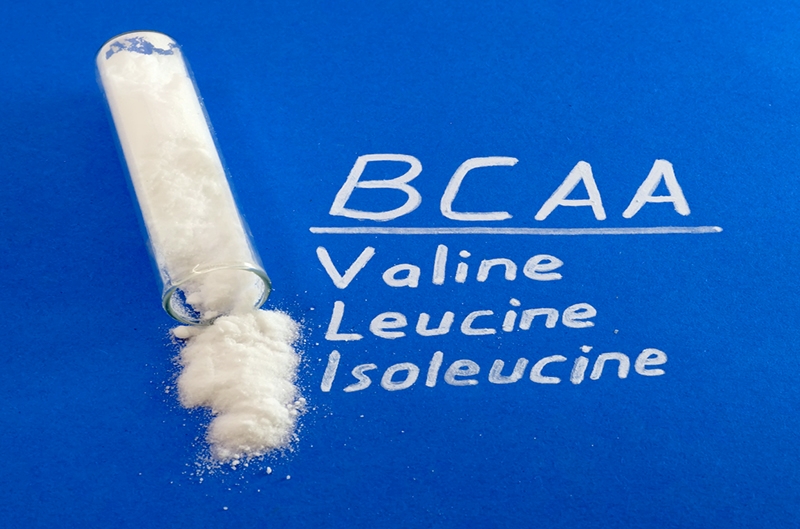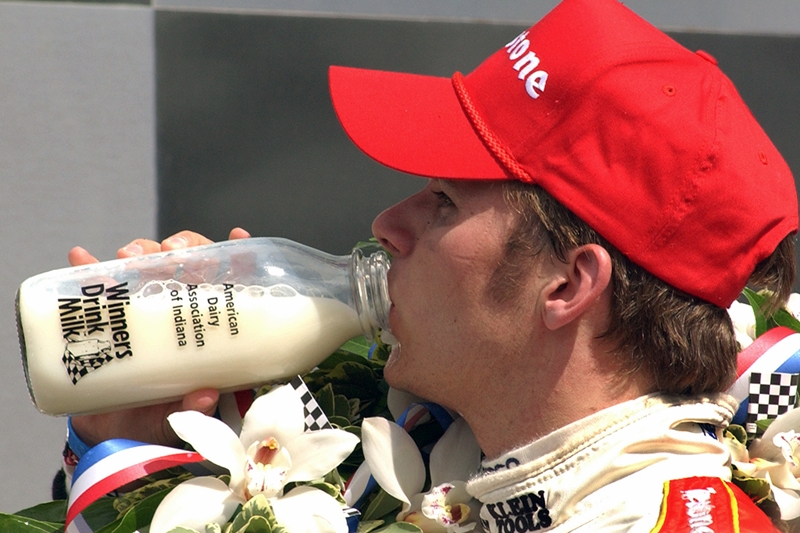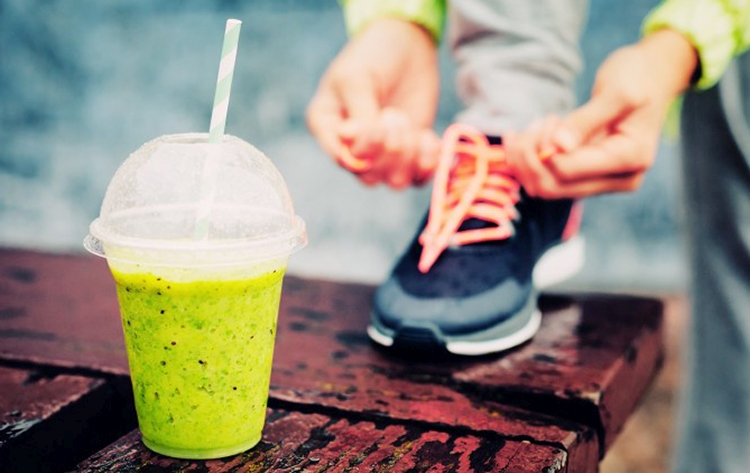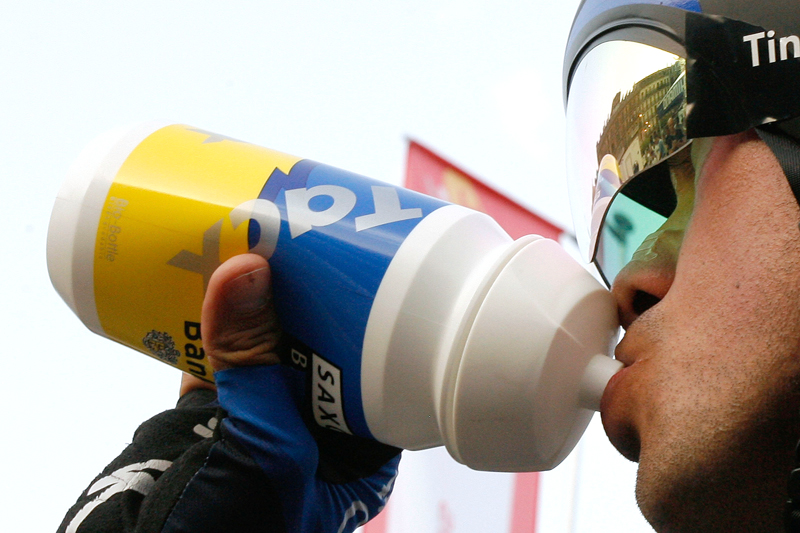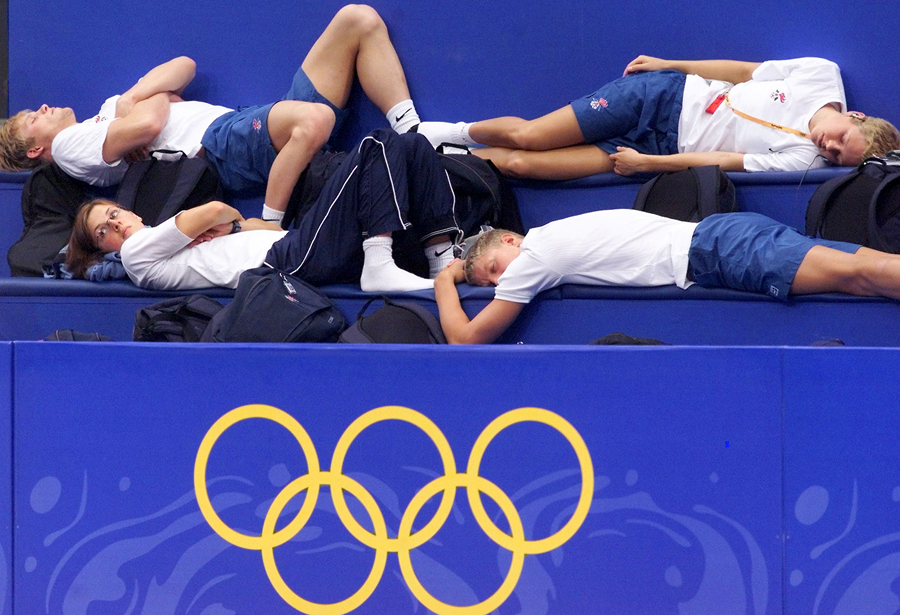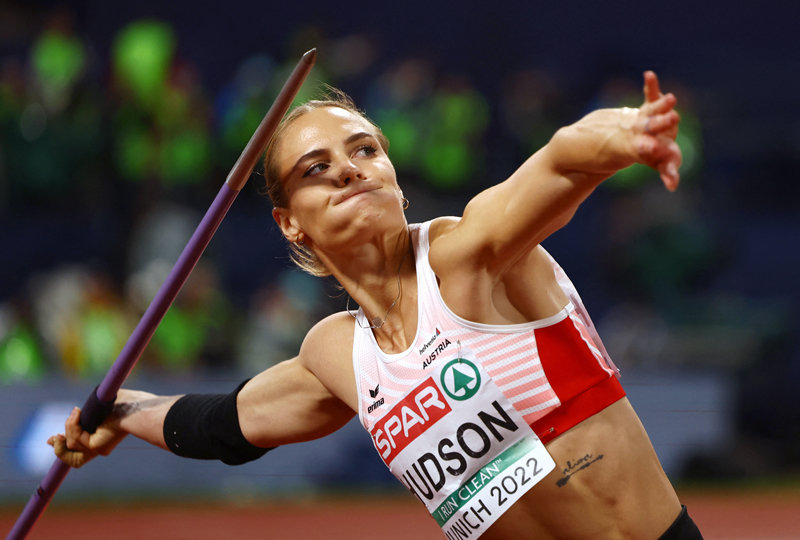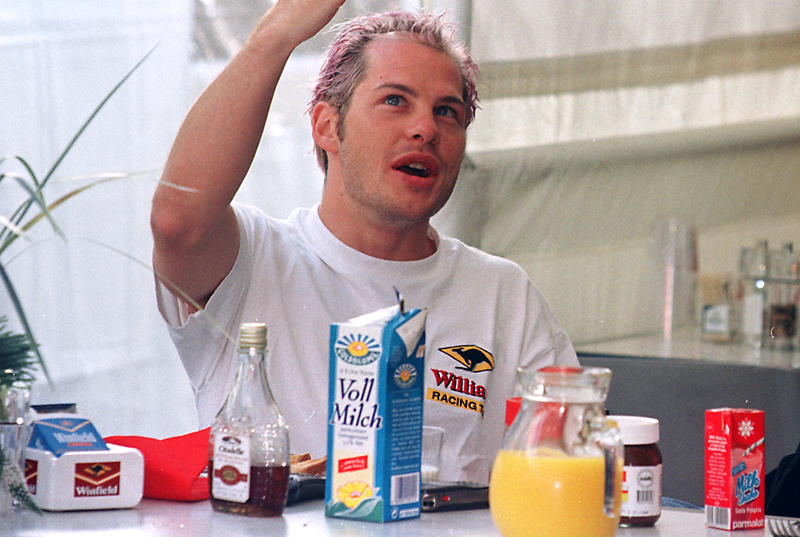You are viewing 1 of your 1 free articles. For unlimited access take a risk-free trial
Protein during racing: yes or no?
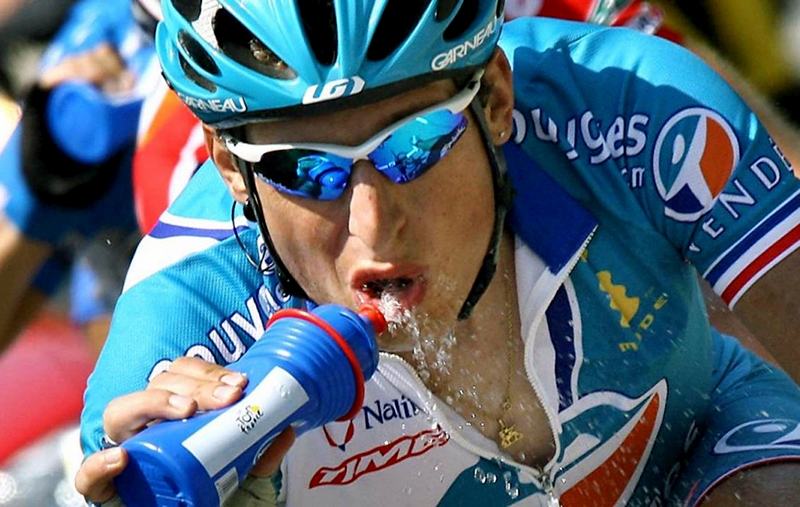
In recent years, protein-energy drinks (drinks that supply small amounts of protein along with carbohydrate) have gained popularity because some research has suggested that small amounts (20%) of whey protein added to a carbohydrate drink may extend endurance in sub-maximal exercise. Another potential benefit is that the added whey protein could help reduce the amount of muscle tissue breakdown during periods of high-volume or intense training. However, despite these theoretical advantages, no study has ever shown that protein-energy drinks actually enhance performance in a race or time trial situation. Also, there’s quite of a lot of uncertainty as to how any benefits of these drinks might occur. Is it the protein itself that prolongs endurance or is there some kind of synergistic interaction between the protein and carbohydrate, which helps exercise performance? To try and answer this, some research has looked at the effects on endurance performance of giving just protein during exercise – and the results suggest that protein is not the magic bullet that some have proposed.
Alanine and performance
In one study, US researchers set out to gauge the impact of whey protein drinks on the performance of eight well-trained cyclists (1). They also looked to see if drinks containing a protein fragment called ‘alanine’ offered any benefits (alanine is known to be a source of muscle fuel during prolonged exercise). The cyclists performed 3 separate cycling trials, each consisting of 120 minutes of constant-load cycling at 55% of peak power (moderate intensity) followed by a flat-out 30km time trial. In one trial, they consumed a calorie-free placebo drink while in the other two, they consumed a drink containing either added whey protein (45g per litre) or alanine (15g per litre). Note – none of the drinks tested contained any carbohydrate. Immediately prior to each trial, the subjects drank 250mls of drink and thereafter, received a 250ml feeding every 15 minutes during the constant-load portion of the trial, and at three points during the time trial (7.5, 15, and 22.5 km).What they found
When the results were analysed, the drinks containing added whey and alanine seemed to actually harm the cyclists’ time-trial performance, with times around 2% longer than the (calorie-free) placebo in both cases. However, this performance drop effect was quite small in statistical terms, so the scientists were cautious, using the phrase ‘possibly harmed’ in their findings (a larger study using more subjects would be needed to be completely confident of these findings). Another finding was that when the cyclists consumed the drink containing added whey protein, the rise in levels of an immune protein called ‘IL-6’ after cycling was reduced by over 50%. Since IL-6 is useful indicator of immune stress, this suggests that the added whey protein was helping the cyclists’ immune systems to cope with the imposed workload.Practical implications for athletes
Previous studies on cyclists and other endurance athletes such as runners have suggested that if keeping going longer before fatigue forces you to stop is your only goal, adding protein to your energy drink could be advantageous. In one study, a group of male cyclists rode 29% longer when consuming a carbohydrate-protein drink compared to a carbohydrate-only drink(2). Another looked at a mixed group of male and female cyclists, and found they rode 13% longer when they drank the carbohydrate-protein drink(3). However, there’s no evidence that protein-energy drinks increase performance in a race situation, and the results above may explain why, because protein alone could even hinder performance. The apparent reduction in immune stress when the cyclists took protein-energy drinks is interesting though as this fits with previous research showing that protein-energy drinks can reduce exercise-induced muscle damage and accelerate recovery(4), and increased muscle damage and poor recovery is known to be associated with impaired immunity.If you’re an energy drink user therefore, the best advice is to stick with high-quality carbohydrate-only drinks (eg 2/1 glucose/fructose) for racing or competition – there’s no simply no evidence that drinks containing protein are advantageous, and they may even work against you. During long training sessions or events where the emphasis is firmly on completing the distance rather than speed, a protein-energy drink might be useful, helping to extend your time to exhaustion. Protein energy drinks use may also be useful during periods of repeated heavy training sessions where muscle recovery and supporting immunity is the priority.
References
- Int J Sport Nutr Exerc Metab. 2014 Oct;24(5):507-15
- Med Sci Sports Exerc 2004; 36:1233-1238
- J Strength Cond Res 2007; 21: 678-684
- Med Sci Sports Exerc 2006; 38:1608-1616
Newsletter Sign Up
Testimonials
Dr. Alexandra Fandetti-Robin, Back & Body Chiropractic
Elspeth Cowell MSCh DpodM SRCh HCPC reg
William Hunter, Nuffield Health
Newsletter Sign Up
Coaches Testimonials
Dr. Alexandra Fandetti-Robin, Back & Body Chiropractic
Elspeth Cowell MSCh DpodM SRCh HCPC reg
William Hunter, Nuffield Health
Keep up with latest sports science research and apply it to maximize performance
Today you have the chance to join a group of athletes, and sports coaches/trainers who all have something special in common...
They use the latest research to improve performance for themselves and their clients - both athletes and sports teams - with help from global specialists in the fields of sports science, sports medicine and sports psychology.
They do this by reading Sports Performance Bulletin, an easy-to-digest but serious-minded journal dedicated to high performance sports. SPB offers a wealth of information and insight into the latest research, in an easily-accessible and understood format, along with a wealth of practical recommendations.
*includes 3 coaching manuals
Get Inspired
All the latest techniques and approaches
Sports Performance Bulletin helps dedicated endurance athletes improve their performance. Sense-checking the latest sports science research, and sourcing evidence and case studies to support findings, Sports Performance Bulletin turns proven insights into easily digestible practical advice. Supporting athletes, coaches and professionals who wish to ensure their guidance and programmes are kept right up to date and based on credible science.
